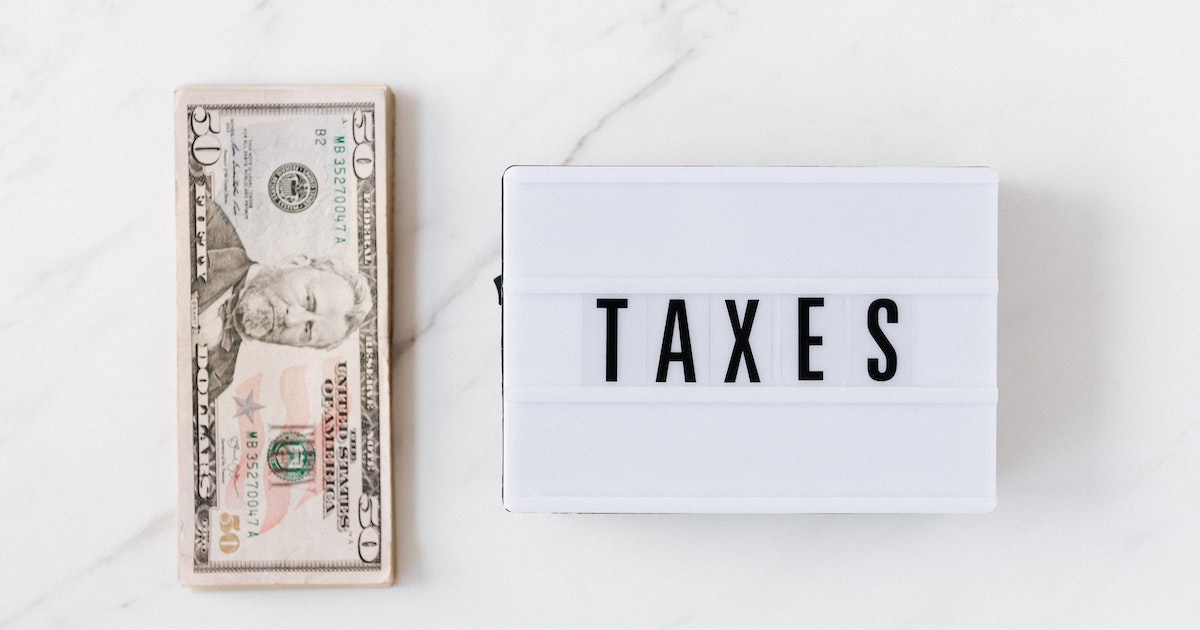Learn About Tax Debt: Understanding, Managing, and Preventing It

Taxes are an integral part of any economy, as they are the main source of revenue for governments to provide public goods and services. However, sometimes taxpayers find themselves unable to pay their taxes, resulting in tax debt. Tax debt can be a stressful and overwhelming experience, but with the right understanding and management, it can be resolved effectively.

What is Tax Debt?
Tax debt is the amount of tax owed by an individual or business to the government. Taxpayers can accumulate tax debt by failing to pay their taxes on time, not filing their tax returns, or by underreporting their income. When taxpayers do not pay their taxes, the government can impose penalties and interest on the outstanding amount, which can add up quickly.
Tax debt can be either federal or state tax debt, depending on the jurisdiction. Federal tax debt is owed to the Internal Revenue Service (IRS), while state tax debt is owed to the state’s revenue department.
Effects of Tax Debt
Tax debt can have severe consequences for taxpayers. The IRS and state revenue departments have the power to enforce collection of unpaid taxes by various means. These include wage garnishments, liens, and levies.
Wage garnishments allow the government to take a portion of the taxpayer’s wages until the tax debt is paid in full. Liens give the government the right to claim the taxpayer’s assets, such as a home or a car, to satisfy the tax debt. Levies allow the government to seize the taxpayer’s assets directly, such as bank accounts or investment accounts.
In addition to these enforcement measures, tax debt can also negatively affect a taxpayer’s credit score. A tax lien can be reported to credit bureaus, and it can remain on a credit report for up to seven years.
Managing Tax Debt
If you find yourself in tax debt, there are several steps you can take to manage it effectively.
File your tax returns
The first step in managing tax debt is to ensure that you have filed all your tax returns. Failing to file tax returns can result in additional penalties and interest on top of the tax debt. If you are unable to pay the full amount of tax owed, filing your tax returns is still important as it can reduce the penalties and interest charged.
Negotiate a payment plan
If you are unable to pay your tax debt in full, negotiating a payment plan with the IRS or state revenue department can help. The IRS offers various payment plans, including installment agreements, which allow taxpayers to pay their tax debt over time. The state revenue department may also offer similar payment plans.


